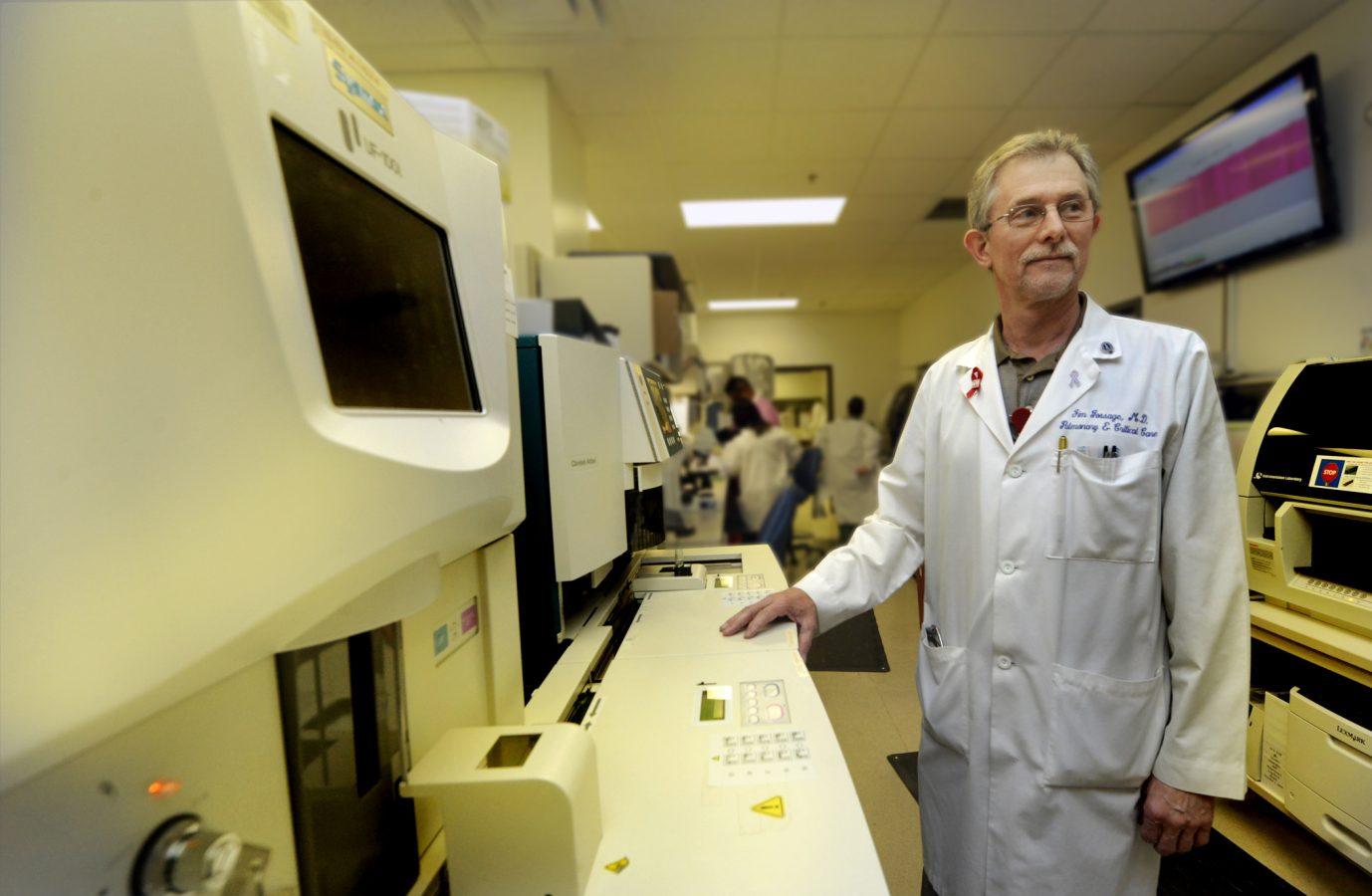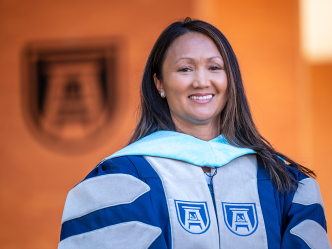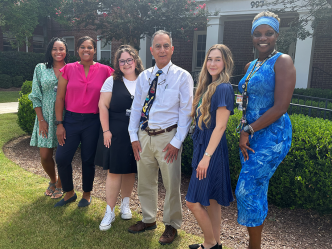From strokes to uncontrollable nose bleeds, the symptoms of the rare inherited disorder Hereditary Hemorrhagic Telangiectasia, or HHT, can be debilitating and sometimes deadly. However, a chemotherapy used to treat kidney cancer and advanced soft tissue sarcoma might be the answer to improving the quality of life for HHT patients, researchers say.
“HHT is so rare that only one of every 5,000 to 10,000 people in the world have the disorder,” said Dr. James Gossage, director of Pulmonary Vascular Diseases and Heredity Hemorrhagic Telangiectasia at the Medical College of Georgia at Augusta University. “Since this disorder is inherited, patients can suffer for years before finding out their diagnosis through genetic testing.”
Hereditary Hemorrhagic Telangiectasia, also known as Osler-Weber-Rendu disease, is a genetic disorder in which some of the blood vessels do not develop properly, causing malformations to develop between arteries and veins. These abnormal connections — usually found on the nose, lungs, brain and liver — not only vary in size but can also bleed or rupture, leading to brain bleeds, strokes, nosebleeds, gastrointestinal bleeding or even heart failure.
Current therapies include lasering smaller arteriovenous malformations, or AVMs, and inserting coils to obstruct blood flow in larger ones. Drugs such as the chemotherapy agent pazopanib may provide earlier intervention by helping inhibit several growth factors, including vascular endothelial growth factor, which lead to abnormal blood vessel formation. Mutations in the ACVRL1, ENG, and SMAD4 genes are known to cause HHT. Early laboratory evidence suggests that pazopanib may reduce nosebleeds, anemia and small AVMs.
To help the medical community learn more on how pazopanib can treat this disorder, Cure HHT Foundation has been awarded a $5 million grant from the Department of Defense. Gossage and the Medical College of Georgia at Augusta University will lead this nationwide study on how pazopanib could help HHT patients regain their quality of life.
“A preliminary study on pazopanib being given to HHT patients showed an increase in serum hemoglobin levels, which means they didn’t need as many blood transfusions and there was a drop in the number of nosebleeds they had,” said Gossage. “These results are promising, which is why we wanted to take a deeper dive into the clinical benefits this drug offers HHT patients.”
The three-year research will be conducted at 10 HHT Centers of Excellence across the country, including the Medical College of Georgia, Yale University, Mayo Clinic, the University of California, Los Angeles and the University of Utah.
The study will be conducted in two phases, with the initial phase involving the random distribution of either a placebo or active pazopanib to participants for 24 weeks. Researchers will then move forward in the next phase, which includes giving all eligible participants pazopanib for an additional 24 weeks. At the end of the second phase, the subjects will stop using the drug and will have their symptoms and labs monitored for another 12 weeks.
“Our goal for this project is to find a treatment that will give HHT patients back their lives by easing their symptoms,” said Gossage. “The Medical College of Georgia is proud to be leading such an important study and, as we collaborate with our partners on this study, we are looking for a positive outcome that will benefit our patients.”
Learn more about Hereditary Hemorrhagic Telangiectasia.
 Augusta University
Augusta University




